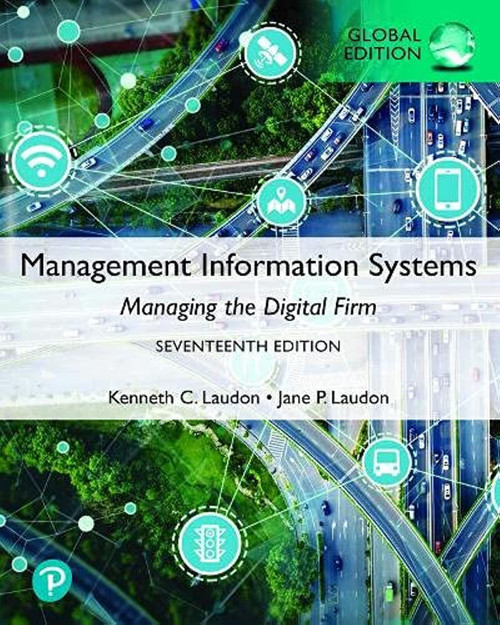Praise for Managing the Risk of Fraud and Misconduct: Meeting the Challenge of a Global, Regulated, and Digital Environment
This book belongs on any desk where fraud and misconduct threaten. It is bristling with the kind of detail this field truly needs. Written by leading pros at the top of their game, its soup-to-nuts advice matches solutions to problems. Read it once to gain broad insight; come back again and again to manage particular risks.
Thomas Donaldson, Professor of Legal Studies and Business Ethics, Wharton School of the University of Pennsylvania
A valuable road map for corporate fraud fighters in an age when shareholders, regulators, and whistleblowers are making their work more vital than ever.
Neil Weinberg, Executive Editor, Forbes Media LLC; coauthor, Stolen Without a Gun
Auditors, managers, and directors may argue over who is responsible for minimizing fraud and misconduct. The fact is, we all share this responsibility. As a current and comprehensive guide to the subject, this book should be recommended reading for every public company director.
Kenneth Daly, President and CEO, National Association of Corporate Directors
Written for managers from C-level on down -- without avoiding technical jargon. This approach, combined with a consistent, efficient, easy-to-read writing style, leads to a thorough understanding of the subject without compromising its technical accuracy. I strongly recommend this book.
- Randall LaSalle, Ph.D., CPA, CFE, John Jay College of Criminal Justice Department of Economics
Managing the Risk of Fraud and Misconduct delves in great depth into the issues and provides sage advice. Based on my experience, the book should be required reading for every general counsel and most corporate counsel.
- Albert Driver, Editor, The Metropolitan Corporate Counsel
An extremely detailed book that serves as a comprehensive guideline for risk managers.
- Business Finance
The definitive authority on this important business issue-the fraud risk management bible that stresses the ever- growing importance of integrity in business.
- Risk Management
Both a history of recent developments in the field -- and a comprehensive plan for developing a robust approach to deterring, detecting, and preventing fraud, and to assessing both a company's vulnerabilities and the success of its anti-fraud measures.
- Accounting Today
This book addresses the challenges posed by changes in law, technology, and globalization in a comprehensive manner that can help the reader improve core competencies and initiate some interesting dialogue in the process.
- Elizabeth Sullivan Armetta, CIA, CAMS, The Institute of Internal Auditors
A Comprehensive C-Level Guide to Preventing and Responding to Fraud and Misconduct
Maintaining and enhancing the integrity of an organization in a global, regulated, and digital environment has become an increasingly complex and difficult challenge for business leaders. Despite major legislative and regulatory reforms over the past decade, the headlines are replete with instances of corporate misdeeds. Indeed, nearly two-thirds of executives surveyed by KPMG reported that fraud and misconduct were significant risks in their industries, and a third of these executives expected fraud or misconduct to rise in their organizations within the year.
Managing the Risk of Fraud and Misconduct is an A-to-Z guidebook for business leaders who are looking for an integrated and comprehensive approach for cutting through the complexities in todays environment. This solution driven book provides insights from top experts who walk you through proven approaches to customize a strategy for preventing, detecting, and responding to fraud and corruption by building a culture of ethics and integrity.
Managing the Risk of Fraud and Misconduct will help business leaders to stay a step ahead of tomorrows demands by providing guidance on how to:
- Assess your organizations vulnerability to fraud and misconduct, and design and implement controls to prevent, detect, and respond to these occurrences
- Address increased regulatory enforcement and enhanced scrutiny
- Preserve and create value from corporate governance and compliance programs
- Use technology and data analytics to mitigate fraud and misconduct risks
- Evaluate the ongoing effectiveness of your compliance program












